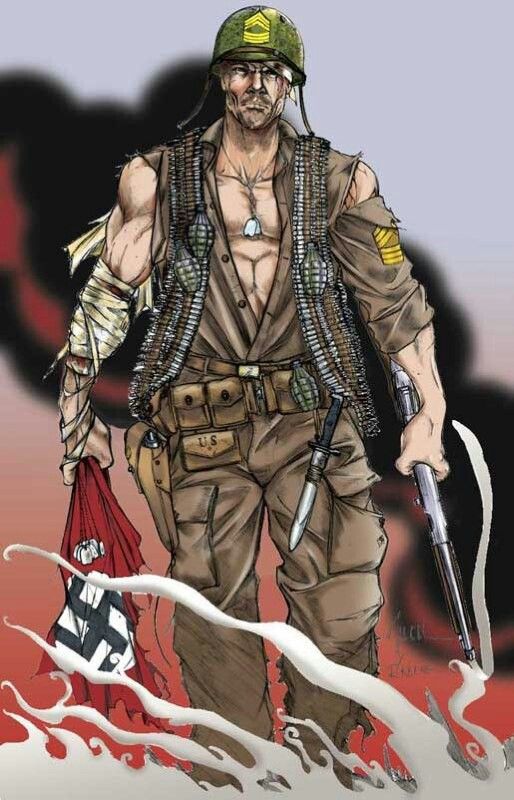
Audience
- Sentiment: thought-provoking
- Political Group: likely centrist or left-leaning
- Age Group: adults 25-45
- Gender: both genders
Overview
- The series explores the impact of World War II on Australian POWs and their struggles.
- It delves into complex themes of love, guilt, and identity through the character of Dorrigo Evans.
- The adaptation features stunning visual storytelling that enhances the emotional depth of the narrative.
Exploring “The Narrow Road to the Deep North”: A Journey Through War, Love, and Identity
Have you ever watched a movie or a show that made you think deeply about how history shapes who we are? Recently, I came across Justin Kurzel’s new series adaptation of Richard Flanagan’s novel, “The Narrow Road to the Deep North,” which explores the impact of World War II on not just the individuals who lived through it, but also on the country they called home—Australia. This incredible series, set to premiere on Prime Video, dives deep into the lives of Australian prisoners of war (POWs) forced into slave labor on the Thai-Burma railway and how their struggles intertwine with themes of love, guilt, and trauma.
The Setting: A Dark Chapter in History
World War II was one of the most devastating conflicts in human history, and the experiences of POWs are often harrowing. During the war, thousands of Australian soldiers were captured by the Japanese forces and faced unimaginable hardships. The Thai-Burma railway, built under brutal conditions, stands as a symbol of suffering and endurance. Imagine being forced to work in the sweltering heat with inadequate food, water, and medical care—many soldiers died from exhaustion, disease, or brutality.
Justin Kurzel, known for his visually striking films, takes this dark piece of history and brings it to life in a way that feels both engaging and gripping. His adaptation promises to be an emotional journey, allowing viewers to connect with the characters’ experiences on a personal level. This backdrop is essential, as it not only illustrates the brutality of war but also sets the stage for the internal struggles that the characters face throughout the series.
Meet Dorrigo Evans: A Complex Hero
At the center of this story is Dr. Dorrigo Evans, played by the talented Jacob Elordi. Dorrigo is a surgeon and a soldier who finds himself caught in the chaos of war. His character is fascinating because he represents the conflict between duty and personal desire. While he is a leader among the POWs, maintaining a sense of hope in the face of despair, he is also haunted by memories of a lost love, a woman named Amy (played by an actress who brings a depth to her role).
Dorrigo’s journey reflects the struggle many individuals face when war, trauma, and personal relationships collide. How do we find love and hope amid such suffering? What happens when the ideals we live by clash with the harsh realities of survival? The series delves into these questions, making it easy for viewers to empathize with Dorrigo and the choices he must make.
The Power of Love Amidst Suffering
One of the most poignant themes of “The Narrow Road to the Deep North” is love. Dorrigo’s memories of Amy serve as a lifeline, offering him brief moments of joy amidst the horrors around him. The contrast is striking: while he fights for survival and bears witness to the suffering of his fellow POWs, his heart clings to the memory of a love that could have been. It makes us think of how love can provide strength during the darkest times.
Many of us can relate to the concept of love—whether it’s romantic love, familial, or friendship. This connection can be a source of motivation and resilience. Throughout the series, we see how Dorrigo struggles with guilt about what he left behind and the lives he could not save. How do we find solace when we long for someone who is far away? How do we deal with regrets? These questions permeate the narrative, urging viewers to reflect on their own relationships.
Guilt and the Burden of Responsibility
Another important theme in the series is guilt, which weighs heavily on Dorrigo and other characters throughout the storyline. Dorrigo grapples with the immense responsibility of being a leader among the POWs while feeling accountable for the lives of others. He strives to maintain their dignity and hope, yet he is constantly aware of his limitations. The trauma of war forces him to confront questions of bravery, sacrifice, and whether he is doing enough.
These themes resonate with many people. In our own lives, we often carry feelings of guilt, whether from not being there for someone in need or from choices we made in difficult situations. Watching Dorrigo wrestle with his feelings may inspire viewers to consider how they can grow from their experiences and ultimately learn to forgive themselves for what they cannot control.
A Visual Masterpiece
One of the standout features of Kurzel’s adaptation is its visual storytelling. The scenery, from the lush but oppressive jungles of Thailand to the dark and grimacing railway, captures the contrast between beauty and brutality. The cinematography pulls you into the world of the characters, making you feel their struggles on a sensory level. The visuals become a character in itself, aiding in conveying the emotional weight of the narrative.
Kurzel’s choice to interweave three timelines adds another layer to the storytelling. Flashbacks to Dorrigo’s life before the war and the moments spent with Amy enrich the present-day narrative. This structure not only keeps the audience engaged but also mirrors how trauma often disrupts our sense of time, as memories of the past invade our present.
Reflecting Australia’s Identity
Beyond the personal stories of Dorrigo and his fellow soldiers, the series also sheds light on a significant aspect of Australian identity. The trauma from World War II left a lasting mark on the nation, shaping its history and perspectives. “The Narrow Road to the Deep North” serves as a reminder of the sacrifices made and the resilience shown by those who endured.
The series engages with Australia’s cultural narrative by confronting historical trauma—something that many nations deal with differently. It encourages viewers to reflect on how history influences identity, values, and community. The stories we tell about our past impact our present and shape our vision of the future.
Conclusion: What Can We Learn?
As “The Narrow Road to the Deep North” prepares to debut, it prompts us to consider what we can learn from the experiences of those who came before us. Through the lens of love, guilt, and trauma, we are invited to explore our connections to each other and to our histories.
Whether we relate to Dorrigo’s struggles with love and longing, or the heavy burden of guilt that we ourselves experience, the series offers a platform for reflection and discussion.
So, I ask you: What do you think about the way history impacts our personal lives? Have you ever faced a difficult decision that made you question your identity or relationships? Share your thoughts in the comments below! Your stories matter, and they contribute to the rich tapestry of experiences that shape who we are.






